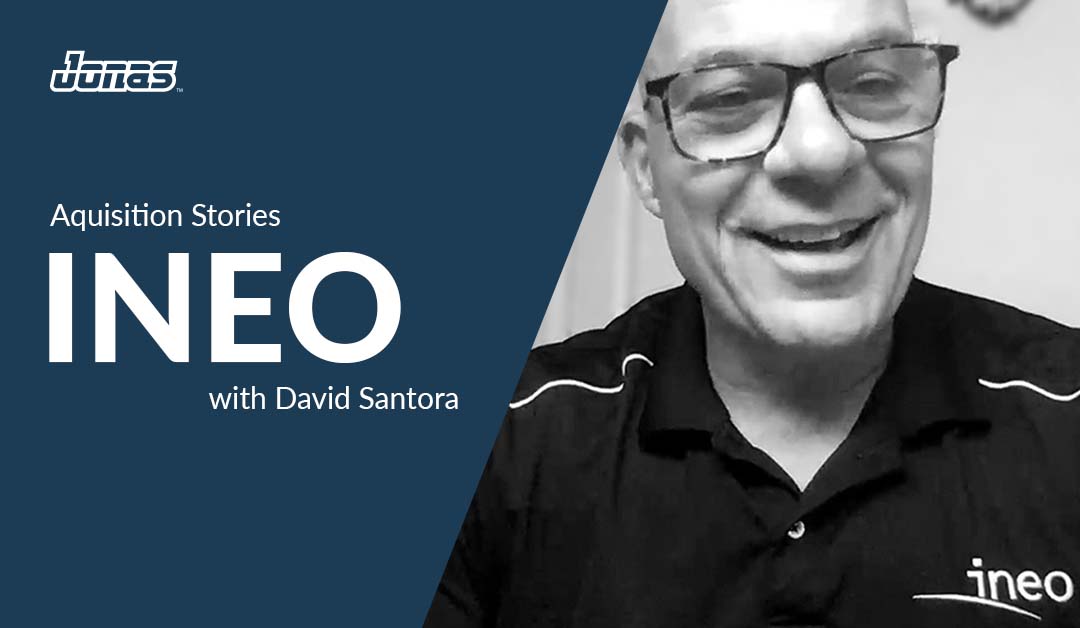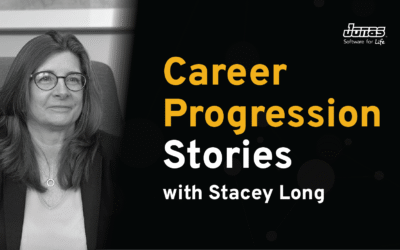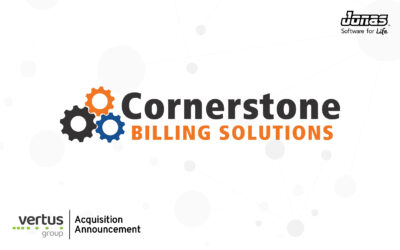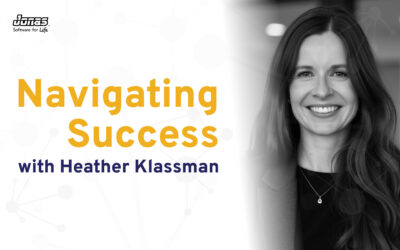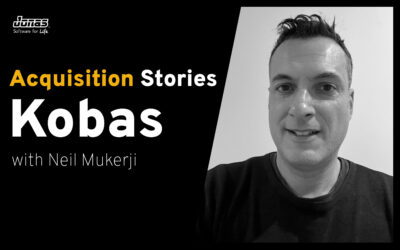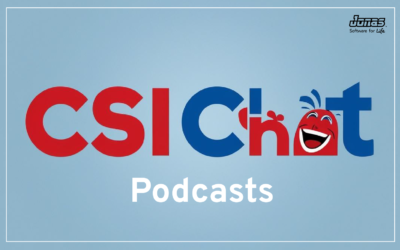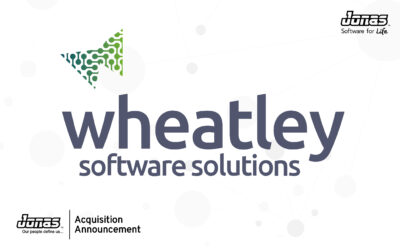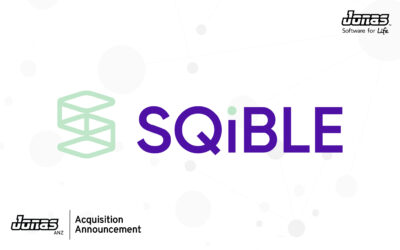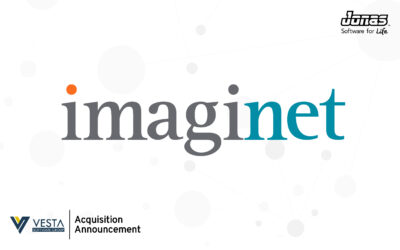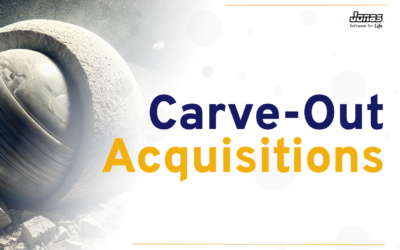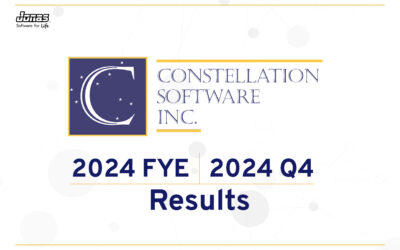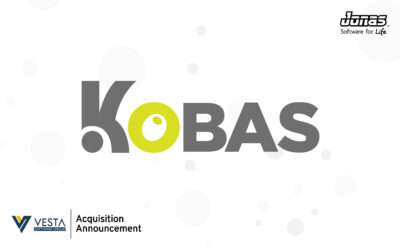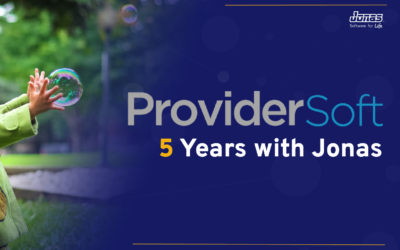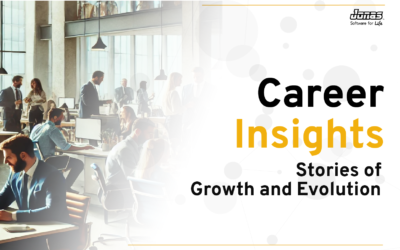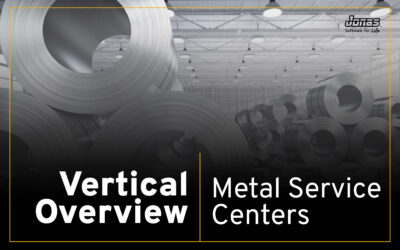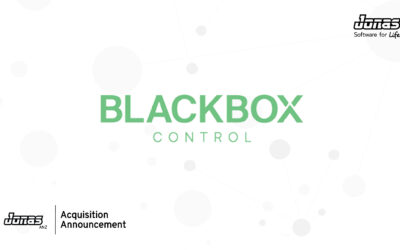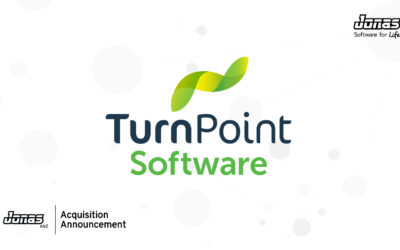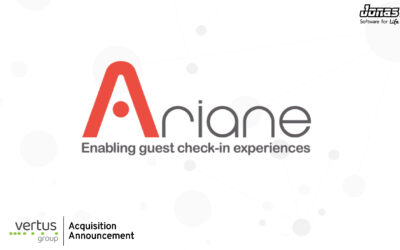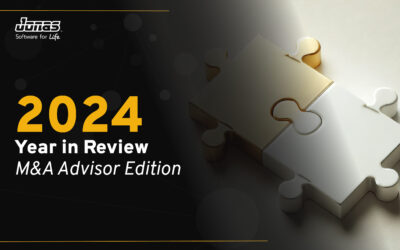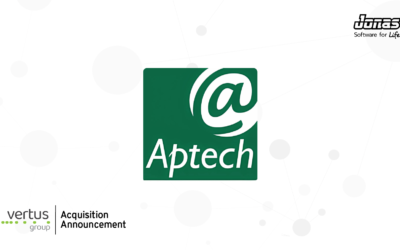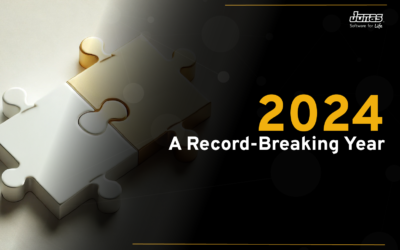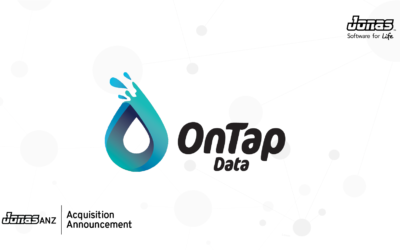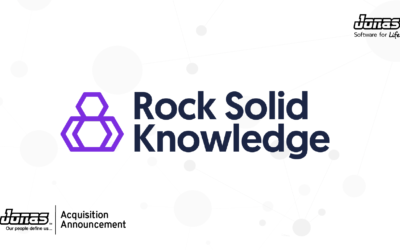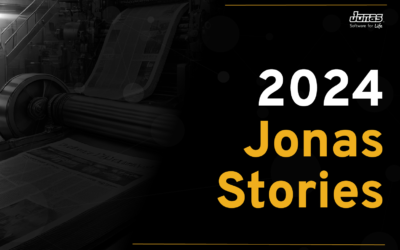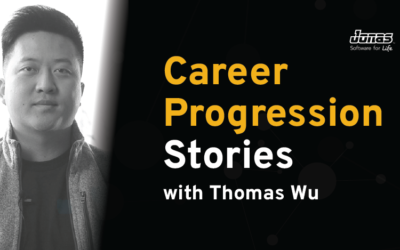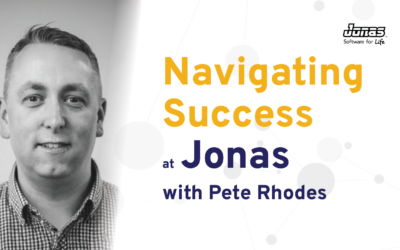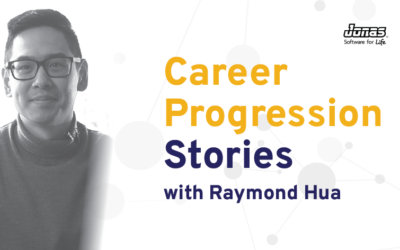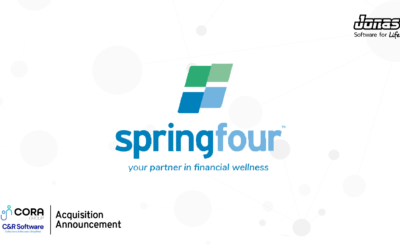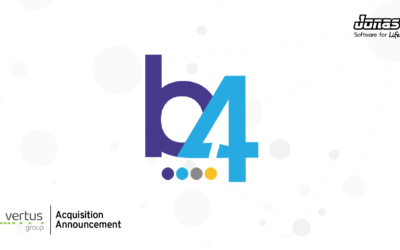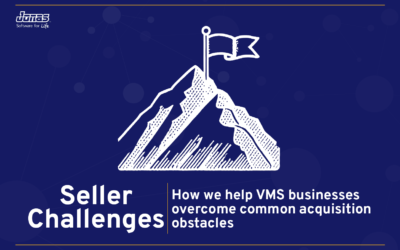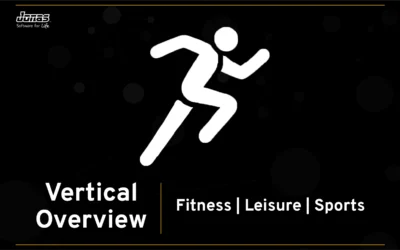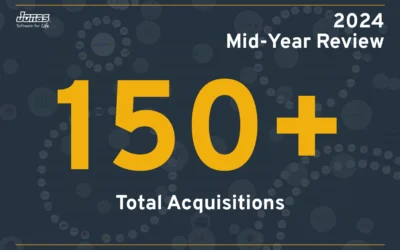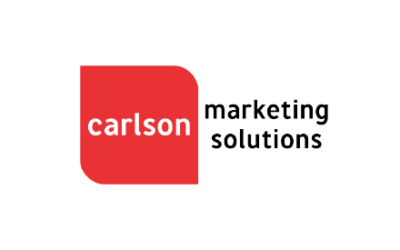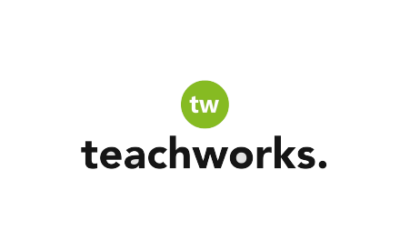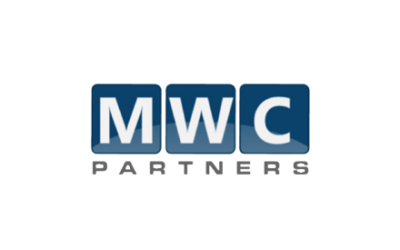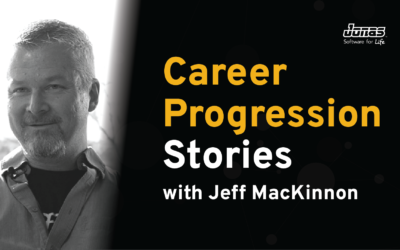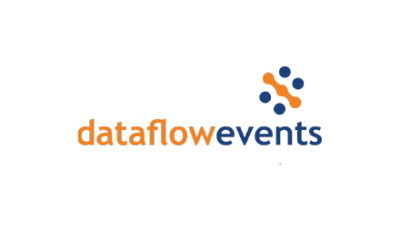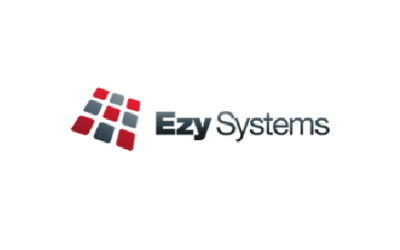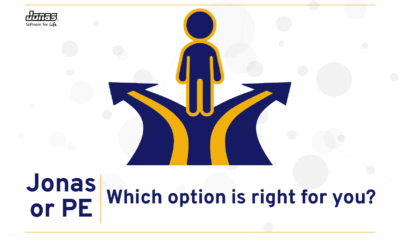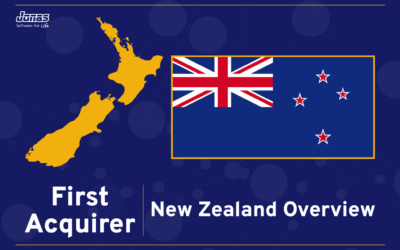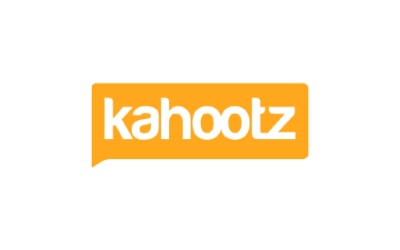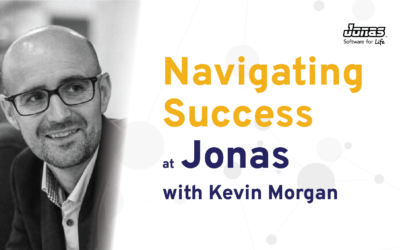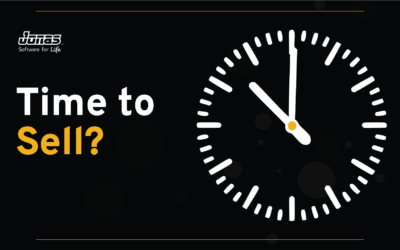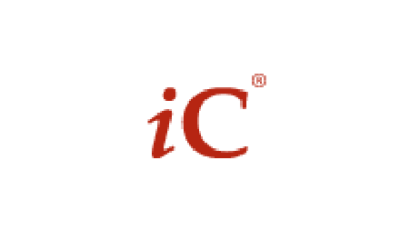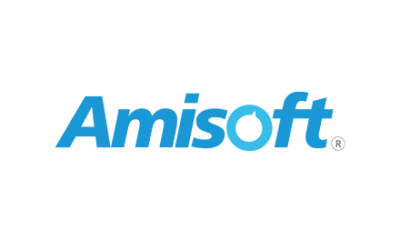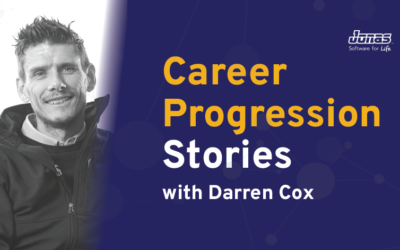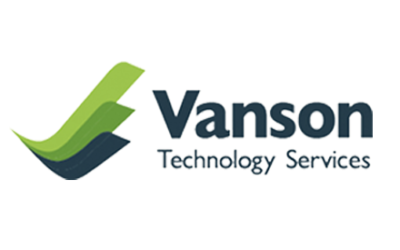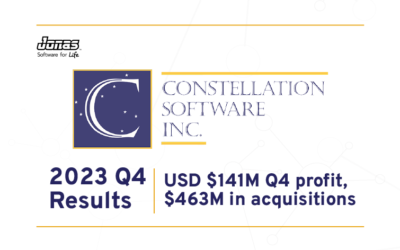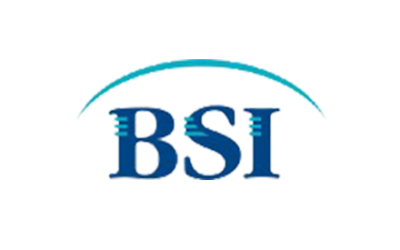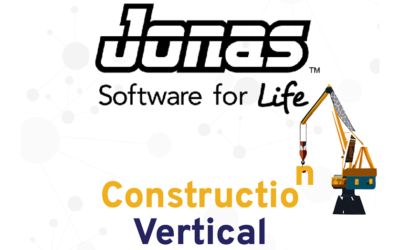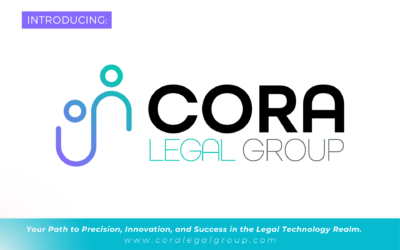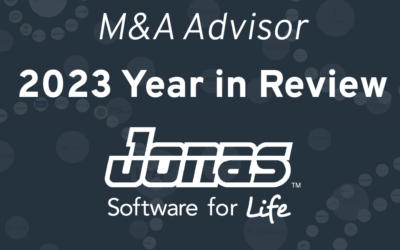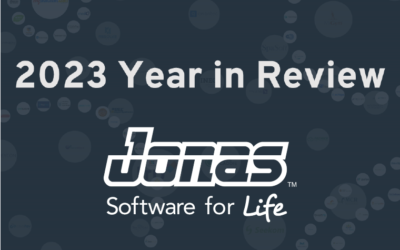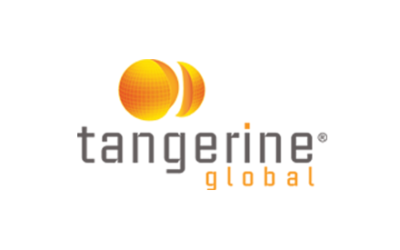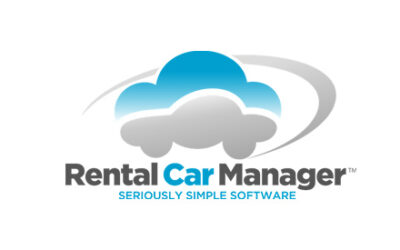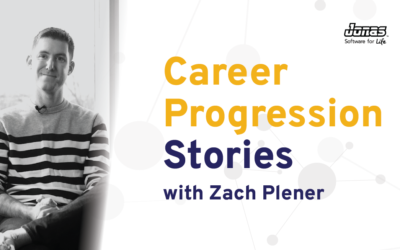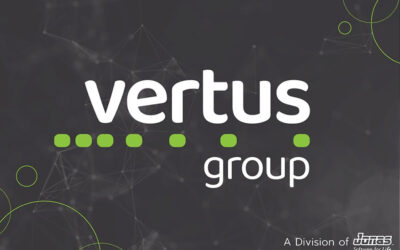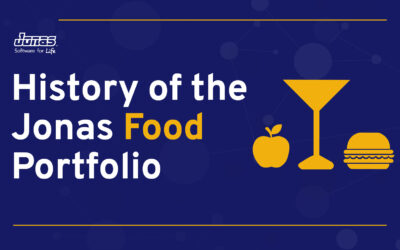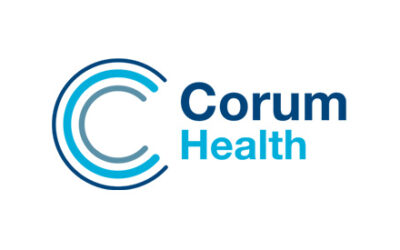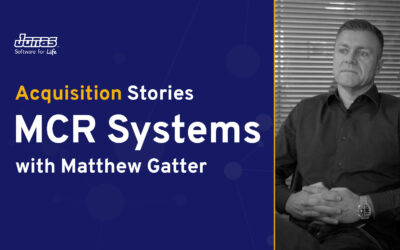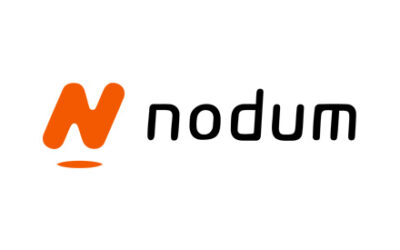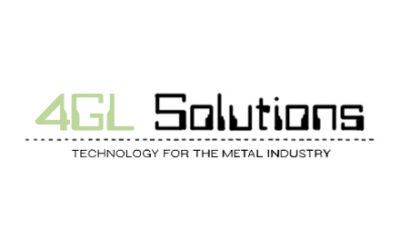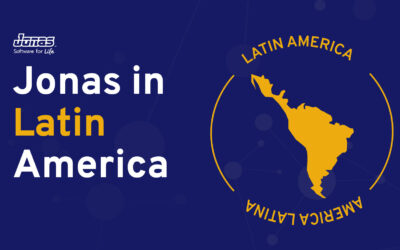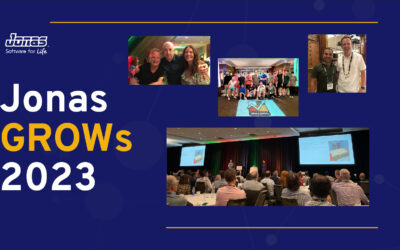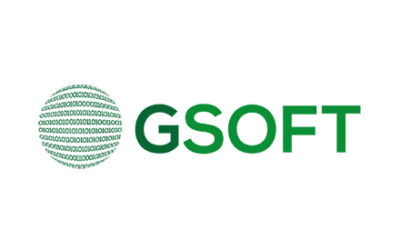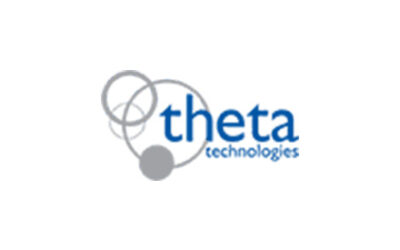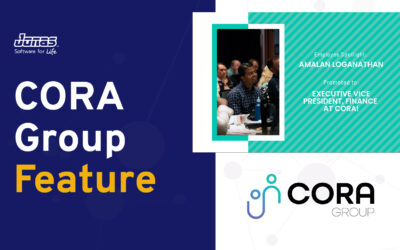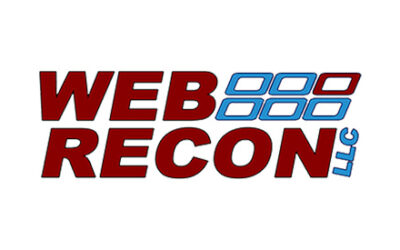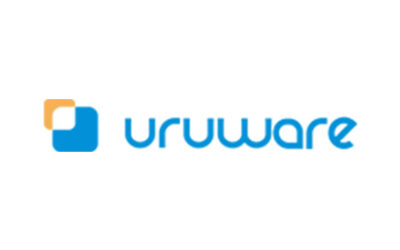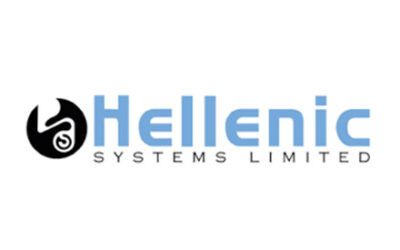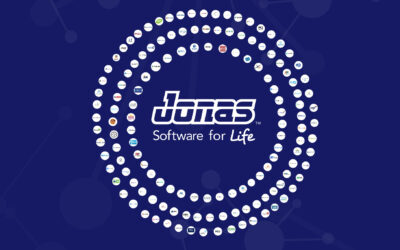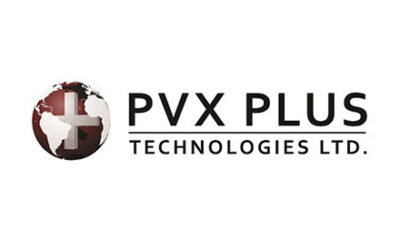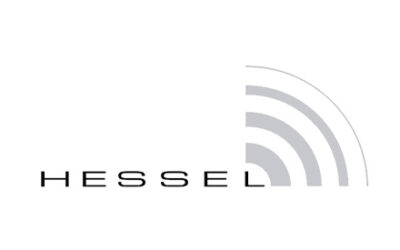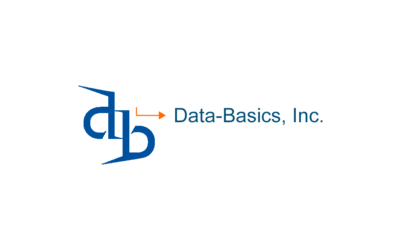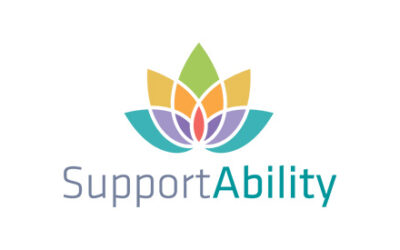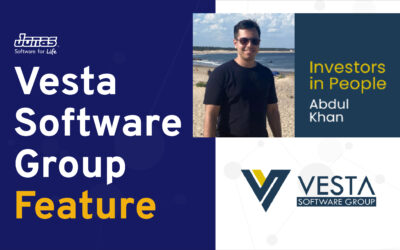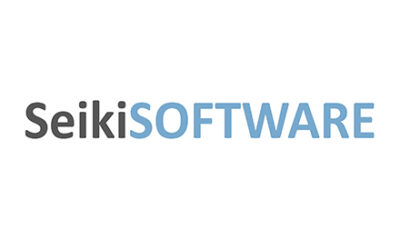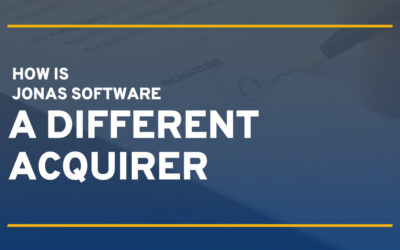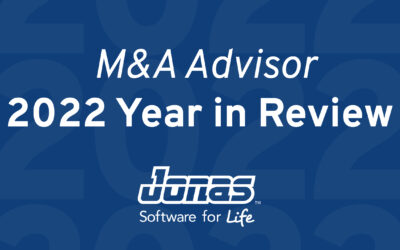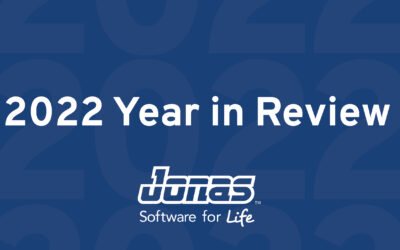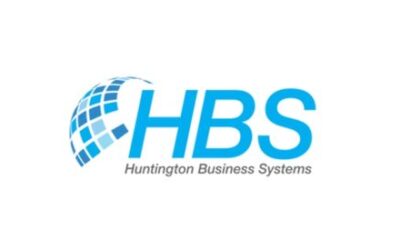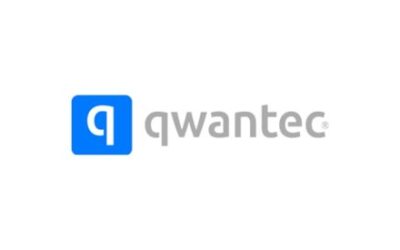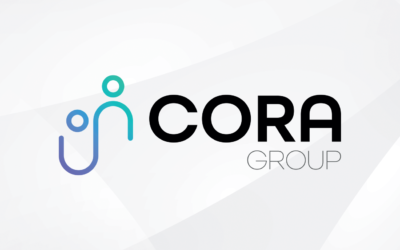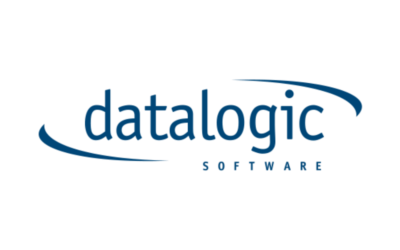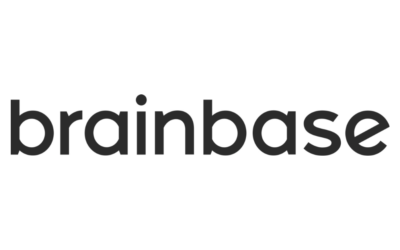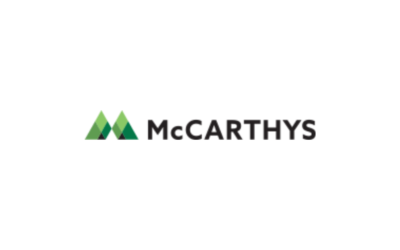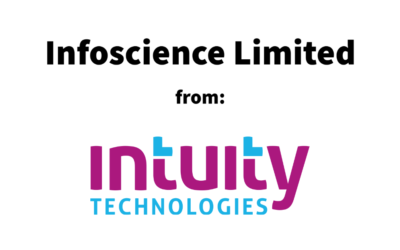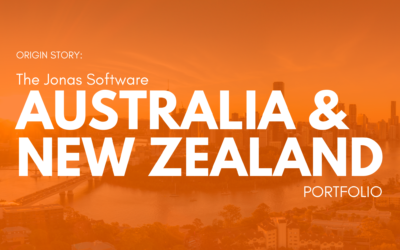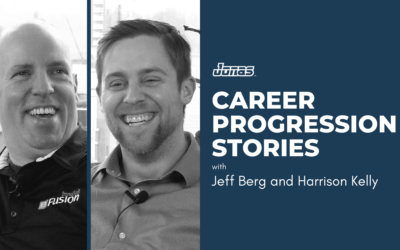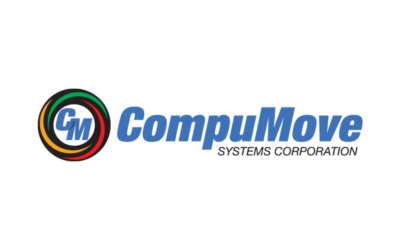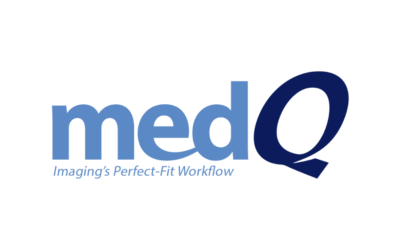Jonas Software acquired Ineo Global Mobility in September 2020. We caught up with David Santora, CEO of Ineo, to discuss the acquisition process for Ineo and what life looks like post acquisition.
George:
David, thanks for joining us today. Really appreciate it.
David:
Likewise, thank you, George.
George:
Can you give us a little bit of background on Ineo?
David:
Ineo is a company that has a proprietary mobility assignment management platform. We have technology that tracks the accounting and tax implications of relocation.
When Ineo was founded, relocation was the term that was used when multinational and or multi-jurisdictional corporations decided to move employees from one particular location to another particular location.
Over the last 20 years, relocation evolved into mobility. The basic process that we’re extremely well-versed and experienced in, is in helping companies manage the costs and the tax compliance pieces of corporate relocation.
George:
Why did you decide to sell to Jonas?
David:
It’s a great question, and there are a number of reasons. Primarily I would say that our dealings with Jonas were very direct. My partners and I worked with Matt Otchet, one of Jonas’ portfolio managers.
The transparency, communication was very effective. A big part of our decision was that Jonas had a strong interest in understanding what we did and wanted to support our growth journey.
There were times where maybe it was going to happen and maybe it wasn’t, but it was just really the right fit. Jonas has a secret sauce of doing this over and over again. We also valued Jonas’ track record of buying companies and not flipping them or amalgamating their entities together.
We now have the backing, the discipline, diligence, reporting, and other metrics and tools to use to improve both our operational efficiency and profitability.
Because of COVID, we have never had a single face-to-face meeting. However, we work with the Jonas team on a daily basis and have developed a great relationship with them. That says a lot when you can conduct a transaction like this and get it done.
We are coming up on a year now since acquisition and we’re still rolling, so it was absolutely the right opportunity for us.
George:
Can you describe your experience with the pre-acquisition process?
David:
If I think of an analogy, I would say it was a decathlon. It takes time from your first introductory conversations to where things start to accelerate. You are dealing with different types of analysis on different days.
When thinking of a decathlon, you are throwing a shotput, the picking up a javelin, then running the hurdles, then sprinting, etc. You get that variety of experience from different analysis, discussions, verification and challenging of the information.
While you’re doing that, you’re still trying to size up the situation – is this the right opportunity for us? Are we at the right level? Then there are the deal terms…does it all work? And don’t forget, you still need to run your growing, evolving business.
George:
Let’s move forward to life post-acquisition. Can you describe life at Ineo after the Jonas acquisition in terms of the people, the products, the services, etc.?
David:
The transaction happens and there is the initial transition of onboarding everybody into a much larger organization and some infrastructure changes.
You go in and you have to be able to understand that there are going to be some changes, but that overall is a positive experience. We’re still rolling and doing what we do best.
Jonas lets their companies act with a lot more independence/autonomy from the standpoint of “business as usual” versus “we were integrated with four different companies. Now we’re sharing a CTO and a CPO and we have all these different pieces.”
We do what we do, with the same people that did what we did before, but have better tools/resources and are able to step into some larger opportunities because we’ve got the backing of a company like Jonas.
We consider it quite an accomplishment and are proud of the fact that we were acquired by a company with this track record.
George:
You touched on autonomy, which brings me to my next point.
At Jonas, we often talk about our ABC model. Which is Autonomy, our decentralized operating model. Buy & Hold Forever, which allows us to invest in the long-term. And then lastly, our Culture of Sharing Best Practices, which is learning from the Jonas or Constellation family of software companies.
How has your experience aligned with these 3 differentiators?
David:
My experience has triangulated very well with these.
My partners and I are all serial entrepreneurs. We did what needed to be done when we needed to do it, and whatever the result was, we owned it one way or another. In this particular case, the autonomy and the ability to run the business has been very important.
I work very closely with some of the Jonas leadership. At one point, it was almost on a daily basis, and it certainly is on a multi-weekly basis.
It is great bringing up a situation and someone saying they have seen something similar in another Jonas business before. It has been extremely helpful asking for other’s experiences with things like an outsourced Chief Security Officer or marketing firm and details on hosting before we set off on our own.
The autonomy to act on what we need with the ability to garner input (sometimes input that is actually contradictory to what we might have thought), has helped us navigate through some challenging times with COVID.
The autonomy and the ability to acquire knowledge from best practices has been a positive experience for sure.
George:
What tips and advice would you give to a business owner thinking of selling their software company?
David:
Number one is to consider holistically what does this mean for your business, your life’s work, the team that helped build that life’s work, and then the clients that you serve.
We had some clients that were concerned that we would be acquired by one of their competitors. We had other clients that wanted to be that acquirer. And in this particular case, for us to go to a completely neutral acquirer, that was going to be good for every client and hopefully for every employee, was a good outcome.
Of course you’ll have some transition. We’ve had some. But that has to be expected with an acquisition. When you put all those ingredients into that incredibly large decision process, you really have to provide that weight to all of those factors because they’re interrelated for the success of it.
Thank you David Santora for sharing your experiences. If you own a software business, we would love to learn more about your company. Feel free to reach out to learn more.
Recent Posts
Career Progression Stories: Stacey Long
We caught up with Stacey Long, Jonas Software's VP of Human Resources, to talk about her career progression, her role at Jonas, our ABCs, and...
Vertus Group Acquires Cornerstone Billing Solutions
Chicago, Illinois, USA – Vertus Group, a Division of Jonas Software, is thrilled to announce the acquisition of Cornerstone Billing Solutions...
Navigating Success: Heather Klassman
Thought-Leadership Insight with Heather Klassman We caught up with Heather Klassman – current Portfolio CEO at CORA Group, to talk about her career...
Why I Sold – Acquisition Stories with Neil Mukerji, Kobas
We caught up with Neil Mukerji, the former co-owner of Kobas. Kobas is an all-in-one hospitality management platform for restaurants, bars, and...
CSI Chat Highlights: Sovereign Debt to Improv in Business
CSI Chat is hosted by Scott Denneny, Vice President of Finance at Constellation Software (Jonas Software’s parent company). The podcast brings...
Jonas Europe Acquires Wheatley Software Solutions
Wallingford, Oxfordshire, April 28th, 2025 – Jonas Europe (“Jonas”) is pleased to announce the acquisition of Wheatley Software Solutions. Wheatley...
Jonas In Medicine – Vertical Overview
Jonas Software’s entry into the medical and healthcare space began in 2007 with the acquisition of Computrition—a pioneer in foodservice management...
Jonas Software Acquires SQiBLE
Brisbane, Australia, April, 14 2025 - Jonas Software ANZ “Jonas” is pleased to announce the acquisition of SQiBLE. SQiBLE is a market-leader with a...
Vesta Software Acquires Imaginet Limited
Wallingford, Oxfordshire, April 9, 2025 – Vesta Software Group ("Vesta"), is pleased to announce the acquisition of Imaginet Limited (“Imaginet”), a...
The AI Winter Speculation and its Effects on Vertical Market Software
In recent months, speculation about a potential 'AI Bubble' or 'AI Winter' has gained traction among industry analysts. With concerns over...
ABC To Growth: Unlocking Value Through Carve-Outs
Why Consider a Carve-Out?Unlocks Capital and Resources Carving out non-core businesses can be extremely favorable for sellers. A key benefit of a...
Constellation Software Inc. Announces Results for Q4 and Year Ended December 31, 2024
Toronto, Ontario (March 7, 2025) - Constellation Software Inc. (TSX: CSU) ("Constellation" or the "Company"), Jonas Software's parent company, has...
Finding The Perfect Fit: A Guide for Selling Your Business to Jonas Software
This guide is designed for business owners considering selling their companies and outlines how Jonas Software provides the perfect home for your...
Vesta Software Acquires Kobas
Wallingford, Oxfordshire, March 3rd, 2025 – Vesta Software Group (“Vesta”), is pleased to announce the acquisition of Hospitality Tech Holdings Ltd....
ABC To Growth: Providersoft
Five Years of Innovation and Growth Under Jonas Software In November 2019, ProviderSoft joined the Jonas Software family under our PYXiS portfolio,...
Why Work at Jonas?
At Jonas Software, employees thrive in a dynamic, growth-focused environment with endless opportunities. From strategy and acquisitions to...
Metal Service Centers Vertical Overview
Jonas has a very interesting history in the metal services center industry, dating back over 50 years ago. To read the full details of our history,...
Jonas Software Announces Acquisition of Blackbox Control
Perth, Western Australia, Australia, February 11, 2025 – Jonas Software is pleased to announce the acquisition of BlackBox Control, a leading...
Jonas Software Announces Acquisition of TurnPoint Software
Brisbane, Australia, February 7, 2025 – Jonas Software ANZ ("Jonas") proudly announces the acquisition of TurnPoint Software (“TurnPoint”), a...
Vertus Group Announces Acquisition of Ariane Systems
French and German translations available below Paris, France - Vertus Group ("Vertus"), a Division of Jonas Software and Constellation Software...
2024 Year In Review – M&A Advisor Edition
2024 was a record-breaking year for the Jonas Software team. 29 innovative and mission-critical software companies were acquired in 2024, read the...
Vertus Group Announces Acquisition of Aptech
Pittsburgh, Pennsylvania, USA - Vertus Group ("Vertus") is excited to announce its acquisition of Aptech, a pioneer financial software technology...
2024 Year in Review
2024 has been a year full of new growth for Jonas: 29 innovative and mission-critical software companies were acquired by Jonas to help us...
Jonas Software Announces Acquisition of OnTap Data
Brisbane, Australia, December 19, 2024 – Jonas Software ANZ (“Jonas”) proudly announces its acquisition of OnTap Data Australia, a leading provider...
Jonas Europe Announces Acquisition of Rock Solid Knowledge
Wallingford, Oxfordshire, December 16, 2024 – Jonas Software (“Jonas”) is pleased to announce the acquisition of Rock Solid Knowledge, a market...
Our Top Stories From 2024
As we begin to reflect on 2024, we wanted to share some of the standout stories and achievements from the Jonas Software family. These highlights...
PYXiS Software Group Announces Acquisition of Tracx Systems Ltd.
Markham, Ontario, November 15, 2024 – PYXiS Software Group (“PYXiS”), a division of Jonas Software, is pleased to announce the acquisition of Tracx...
Career Progression Stories: Thomas Wu
We caught up with Thomas Wu, M&A Associate at CORA Group, to talk about his career progression, our Jonas ABCs, and more!
...CORA Group Announces Acquisition of Volanté Systems
Warminster, PA., October 24, 2024 – CORA Group (“CORA”), a leader in strategic acquisitions of software companies, announced today that it has...
Education Vertical Overview
Since the acquisition of Gladstone, our presence in the education vertical has grown significantly to serve over 10 different niches including...
Navigating Success At Jonas: Pete Rhodes
Pete Rhodes, Business Unit Leader of Hellenic and former BUL of Cunningham ePOS, shares a perspective on success at Jonas and much more.
...Vesta Announces Acquisition of MachineMax
Wallingford, Oxfordshire, September 20, 2024 – Vesta Software Group Limited (“Vesta”) is pleased to announce the acquisition of MachineMax...
Career Progression Stories: Raymond Hua
We caught up with Raymond, Vice President of M&A at CORA, to talk about his career progression, his role at Jonas, our ABCs, and more!Thank you,...
CORA Group and C&R Software Announce Acquisition of SpringFour
Warminster, PA, September 4, 2024 – C&R Software (“C&R”),the world’s leading Cloud-native end-to-end software and solutions provider for the...
Vertus Group Announces Acquisition of B4Checkin
Halifax, Nova Scotia, Canada – Vertus Group, a Division of Jonas Software, is pleased to announce the acquisition of B4Checkin (“b4”), the provider...
Beating Acquisition Process Challenges
Once you have decided that it is time to sell your VMS business, you will want to find and analyze the set of challenges that you and your business...
Fitness | Leisure | Sports Vertical Overview
Since the acquisition of EZFacility, our presence in the fitness, leisure, and sports vertical has grown significantly to serve over 25 different...
2024 Mid-Year Review
2024 has been a milestone year full of new growth for Jonas Software, see our review of 2024 so far: 15 innovative and mission-critical software...
CORA Group Announces Acquisition of Carlson Marketing Solutions Loyalty Platform from Kognitiv
Warminster, PA, July 10, 2024 – CORA Group (“CORA”), an operating portfolio of Jonas Software, a subsidiary of Constellation Software Inc., is...
Vertus Group Announces Acquisition of Teachworks
Simi Valley, California, United States of America – Vertus Group is pleased to announce the acquisition of Teachworks, the leading provider of Tutor...
Vesta Announces Acquisition of MWC Partners
Wallingford, United Kingdom, June 10th, 2024 – Vesta Software Group (“Vesta”) is pleased to announce the acquisition of MWC Partners Ltd. (“MWC”), a...
Career Progression Stories: Jeff MacKinnon
We caught up with Jeff MacKinnon, Jonas Software's CFO, to talk about his career progression, His role at Jonas, Our ABCs, and more!Thank you, Jeff,...
Vesta Announces Acquisition of Dataflow Events
Wallingford, United Kingdom, June 10th, 2024 – Vesta Software Group (“Vesta”) is excited to announce the acquisition of Dataflow Events...
Jonas Software Acquires Ezy Systems
Jonas Software Acquires Ezy Systems, strengthening the customer experience for wine producers. Brisbane, Australia, June 18, 2024 – Jonas Software...
PE or Jonas? What You Need To Know
Is PE right for you? Selling your business to a private equity (PE) firm is a landmark decision that requires careful consideration and strategic...
New Zealand Overview
Since the initial acquisition of Jonas Leisure (Formerly Centaman), our presence in New Zealand has continuously grown and now hosts a suite of...
Jonas Software Acquires Kahootz
Wallingford, Oxfordshire, March 25, 2024 – Jonas Software (“Jonas”) is pleased to announce the acquisition of Inovem Limited (“Kahootz”). Kahootz is...
Navigating Success At Jonas: Kevin Morgan
Kevin Morgan, Chief Investment Officer at the Jonas UK portfolio, shares a perspective on success at Jonas, M&A and much more.
...Are You Ready To Sell Your VMS Business?
Are You Ready to Sell? Many entrepreneurs faced with this question may feel that their situation is unique to them. If you can relate to any of the...
Jonas Software Acquires Intelligent Counting Ltd.
Wallingford, Oxfordshire, March 25, 2024 – Jonas Software (“Jonas”) is pleased to announce the acquisition of Intelligent Counting Limited (“iC”)....
Vesta Announces Acquisition of Amisoft Spa.
Wallingford, United Kingdom and Montevideo, Uruguay, March 15th, 2024 – Vesta Software Group (“Vesta”) – through its wholly owned and Uruguay based...
Career Progression Stories: Darren Cox
We caught up with Darren Cox, Director of Business Development at CORA Group, to talk about his career progression, His role at Jonas, Our ABCs, and...
CORA Group Announces Acquisition of Vanson Technology Services
CORA Group Acquires Vanson Technology Services, Expanding in Loyalty Engagement Solutions Warminster, PA, March 8, 2024 – In a strategic move to...
Constellation Software Inc. Announces Results for Q4 and Year Ended December 31, 2023
Toronto, Ontario (March 6, 2024) - Constellation Software Inc. (TSX: CSU) ("Constellation" or the "Company"), Jonas Software's parent company, has...
Vesta Announces Acquisition of Béker-Soft Informatika Kft
Wallingford, Oxfordshire, March 6, 2024 – Vesta Software Group (“Vesta”) is pleased to announce the acquisition of Béker-Soft Informatika Kft....
Construction Vertical Market Overview
Since the initial acquisition of Jonas software by Constellation Software, the construction vertical has continuously grown and now hosts a suite of...
CORA Group Launches CORA Legal Group
CORA Legal Group is focused on shaping the future of legal technology by uniting industry leading software companies to better serve the evolving n...
Jonas Software M&A Advisor 2023 Year In Review
Jonas Software acquired 17 innovative companies in 2023. For a detailed overview of our 2023 acquisitions, read the 2023 Year in Review here. Of the...
Jonas Software 2023 Year In Review
2023 has been an amazing year full of new growth for Jonas Software: 17 innovative and mission-critical software companies were acquired by Jonas...
Vertus Group Announces Acquisition of Tangerine Global
Simi Valley, California, United States of America – Vertus Group is pleased to announce the acquisition of Tangerine Global, a leading provider in...
Jonas Software Acquires Rental Car Manager
Brisbane, Queensland, Australia, December 22, 2023 - Jonas Software is pleased to announce the acquisition of Rental Car Manager, a leading provider...
Career Progression Stories: Zach Plener
We caught up with Zach Plener, Director of M&A at Vertus Group, to talk about his career progression, His role at Jonas, Our ABC's, and...
Jonas Software Launches Vertus Group
Jonas Software is pleased to announce the official launch of Vertus Group, a new vertically diverse portfolio focused on increasing capacity to bot...
History of the Jonas Food Portfolio
Jonas Software has a 15+ year history of providing mission critical software solutions to customers in food-related industries, such as foodservice...
Jonas Software Acquires Corum Health
Brisbane, Queensland, Australia, October 23, 2023 - Jonas Software is pleased to announce the acquisition of Corum Health. Corum Health is a...
Acquisition Stories: MCR Systems
We caught up with Matthew Gatter, the former Managing Director of MCR Systems, and Richard Clancy, Group CEO of Vesta Software, to talk about the...
Vesta Software Group Acquires Nodum
Wallingford, Oxfordshire, United Kingdom, October 12th, 2023 – Vesta Software Group (“Vesta”), a subsidiary of Jonas Software (“Jonas”) is pleased...
Jonas Software Acquires 4GL Solutions
Markham, Ontario, Canada, September 21, 2023 – Jonas Software (“Jonas”) is pleased to announce the acquisition of the 4GL Solutions ("4GL"). 4GL is...
Jonas Software’s Latin America Acquisitions
Jonas Software has grown at an astronomical rate in Latin America since our first two acquisitions in late 2021. Since then, Vesta Software Group, a...
Jonas GROWs 2023 Conference
That’s a wrap on our #JonasGROWs 2023 event! Thank you to everyone that helped put this conference together and thank you to all of the senior...
Vesta Software Group Acquires GSoft
Wallingford, Oxfordshire, United Kingdom, August 1st, 2023 – Vesta Software Group (“Vesta”), a subsidiary of Jonas Software (“Jonas”) is pleased to...
Jonas Software Acquires Theta Technologies Pty Ltd.
Brisbane, Queensland, Australia - July 25 2023 - Jonas Software ("Jonas") is pleased to announce the acquisition of Theta Technologies Pty Ltd...
CORA Group Feature ‘Insights from Amalan Loganathan’s Career Journey’
CORA Group is a subsidiary of Jonas Software. In their latest ‘employee spotlight’ feature, they sat down with Amalan Loganathan, Executive Vice...
CORA Group Announces Acquisition of WebRecon
Warminster, PA, United States of America - July 13, 2023 – CORA Group (“CORA”) a subsidiary of Jonas Software, is pleased to announce the...
Vesta Software Group Acquires Uruware
Wallingford, Oxfordshire, United Kingdom - July 6th, 2023 – Vesta Software Group (“Vesta”), a subsidiary of Jonas Software (“Jonas”) is pleased to...
Vesta Software Group Acquires Hellenic Systems Ltd
Vesta Software Group, a subsidiary of Jonas Software, has acquired Hellenic Systems Ltd., a leading provider of factory MES software systems.
...20 Years of Jonas Software Operating Group
This June marks 20 years of Jonas Software acquiring, growing, and operating vertical market software companies as an operating group of...
Jonas Software Acquires PVX Plus Technologies Ltd
Markham, Ontario, Canada, March 31, 2023 – Jonas Software (“Jonas”) is pleased to announce the acquisition of PVX Plus Technologies Ltd (“PVX...
Ineo Global Mobility Expands Portfolio with Strategic Acquisition of The Hessel Group Ltd., a CORA Group Company
Warminster, PA, United States, May 19, 2023 – CORA Group (“CORA”) a subsidiary of Jonas Software, is pleased to announce the acquisition of The...
Jonas Software Acquires Data Basics
Warminster, PA, United States, May 3, 2023 – CORA Group (“CORA”) a subsidiary of Jonas Software, is pleased to announce the acquisition...
Jonas Software Acquires SupportAbility
Jonas Software acquired SupportAbility, the leading client management, operations and compliance software for service providers under the NDIS in A...
Vesta Software Group Feature ‘Investors in People – Abdul Khan’
Vesta Software Group is a subsidiary of Jonas Software. Their latest ‘Investor’s in People’ feature sits down with Abdul Khan, Ma...
Jonas Software Acquires Seiki Systems
Jonas Software pleased to announce the acquisition of Seiki Systems Limited (Seiki). Seiki is a leading supplier of production control and manufac...
How Is Jonas Software a Different Acquirer?
Jonas Software acquirers mission-critical software businesses from around the world – but how is Jonas Software a different acquirer?
...Jonas Software M&A Advisor 2022 Year in Review
Jonas Software M&A Advisor-Led Processes 2022 Year in Review. Jonas acquired 16 software companies and 4 were advisor-led processes.
...Jonas Software 2022 Year In Review
2022 has been a busy year full of new growth for Jonas Software: 16 innovative and mission-critical software companies were acquired by Jonas 12...
Jonas Software Acquires Huntington Business Systems (“HBS”)
Jonas Software is pleased to announce on the 16th November 2022 it acquired Huntington Business Systems (“HBS”). HBS is a leading provider of T...
Vesta Software Group Acquires Qwantec Ingenieria Limitada (“Qwantec”)
Vesta Software Group, a subsidiary of Jonas Software is pleased to announce the acquisition of Qwantec, a market leading Chilean and Peruvian softw...
Jonas Software Launches CORA Group
Jonas Software is pleased to announce the official launch of CORA Group, a new vertically diverse portfolio focused on increasing capacity to both ...
Jonas Software Acquires VetlinkPRO
Jonas Software is pleased to announce the acquisition of VetlinkPRO.
...Vesta Software Group Acquires Datalogic Software
Wallingford, Oxfordshire, United Kingdom - November 2, 2022 – Vesta Software Group (“Vesta”), a subsidiary of Jonas Software (“Jonas”) is pleased to...
Jonas Software Acquires Vizergy Digital Marketing
Vizergy serves the hospitality industry with leading marketing technologies, talent, and leverage a data first approach to marketing.
...Jonas Software Acquires Brainbase
Markham, Ontario, Canada - September 16, 2022 – Jonas Software (“Jonas”) is pleased to announce the acquisition of Brainbase. Brainbase provides...
Jonas Software Acquires Uniworks Meat Processing Solutions
Brisbane, Queensland, Australia – September 15, 2022 - Jonas Software (“Jonas”) is pleased to announce the acquisition of Kevin McCarthy &...
Jonas Software Acquires Halo Leisure Enterprise Ltd.
Jonas Software acquires Halo Leisure Enterprise Limited and their product Workflow Asset Management (WAM).
...Jonas Software Acquires Infoscience Limited
Wallingford, Oxfordshire, United Kingdom - June 8, 2022 – Jonas Software (“Jonas”) is pleased to announce the acquisition of the Infoscience...
Origin Story: The Jonas Software Australia / New Zealand Portfolio
In early 2010 Jonas Software acquired Centaman. Centaman operates within the attractions and leisure industries, both new verticals for Jonas at the...
Harrison Kelly and Jeff Berg – Career Progression Stories
Recently, we were able to catch up with Harrison Kelly (CEO), and Jeff Berg (Co-Founder and CTO) of InnoSoft in a very special in-person meeting. In...
Jonas Software Acquires CompuMove Systems Corporation
Jonas Software acquires CompuMove Systems Corporation, a comprehensive moving software that features fully integrated and customized move systems.<...
medQ Inc. Acquisition Sharpens Jonas Software Focus on Healthcare
Brisbane, Queensland, Australia – March 31, 2022 - Jonas Software (“Jonas”) is pleased to announce the acquisition of medQ Inc. (“medQ”). medQ is an...

